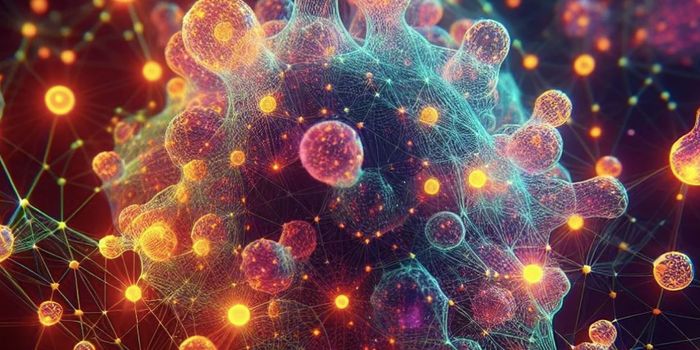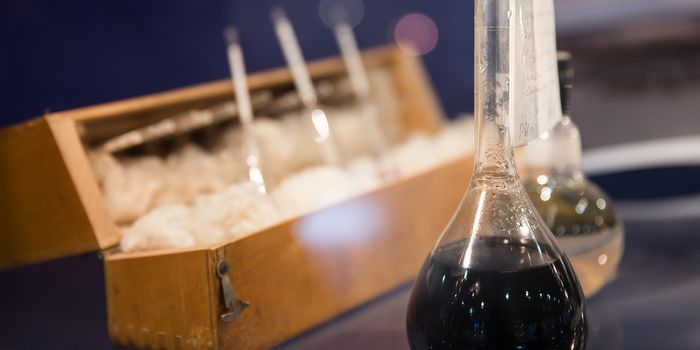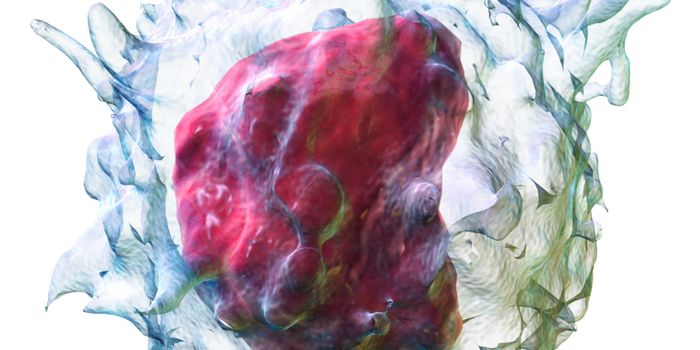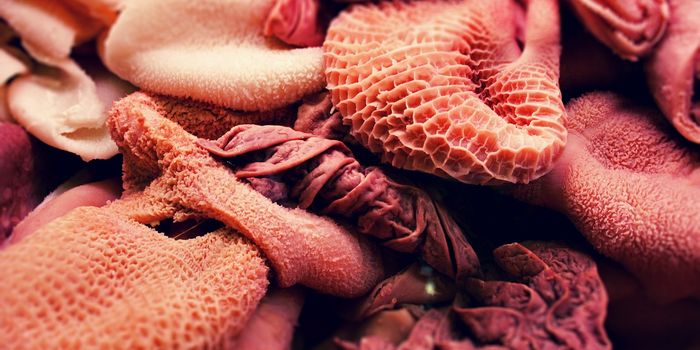Scientists Discover Bacterial Life on Human Fetuses
A developing fetus in its second trimester of life is changing at an extraordinarily rapid pace––bones are beginning to form, it’s slowly able to hear and swallow, and a functional gastrointestinal tract is taking shape. Around this time, the fetus is also preparing for its ultimate challenge: surviving life outside the womb.
Classically, it’s believed that newborns only have protective barriers (skin and mucosal linings), their innate immune systems, and a smattering of antibodies passed on from their mothers to protect them from the barrage of environmental microbial threats.
However, a new study has revealed that the immune systems of developing fetuses are much more complex and diverse than previously thought, thanks to a network of resident bacteria.
In a study published in the high-impact journal Cell, a team of immunologists analyzed tissue samples collected from the gut, skin, lung, thymus, spleen, and placentas of human fetuses. Using a 16S rRNA gene sequencing approach, the scientists unexpectedly found evidence of several live bacterial strains living within the tissues. These included many types of microbes known to colonize the adult gut, such as Gardnerella, Lactobacillus, and Staphylococcus.
The team then visualized the bacteria in fetal tissues using a combination of electron microscopy and RNA-in situ hybridization techniques, showing that bacteria resided in specific regions within the fetal intestinal lumen.
Most notably, data from the study revealed that these fetal-isolated bacterial strains could induce memory T cell activation and the proliferation of lymph-node T cells. These represent core processes involved in the priming of the fetal immune system before birth.
The study provides the first evidence that human fetal organs house an ecosystem of microorganisms that play a central role in the developing immune system, with potential implications on life-long immunity.
Source: Cell.









